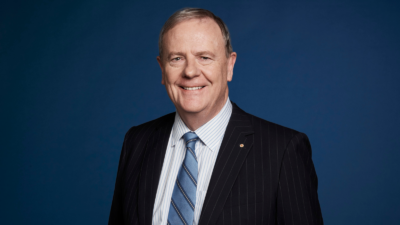The Future Fund might make a bigger contribution to the budget if it was liquidated, according to the Centre for Independent Studies, which argues that its returns haven’t been that impressive even as its benchmark gets harder to beat.
The $250 billion industry fund has hunted two new heads for its investment team while it chips away at a digital transformation project that will support its move to internalise 50 per cent of assets.
The $14 billion industry fund is in hot water over allegations its member money is exposed to companies that should have been screened out and that it held on to Russian stocks despite saying it had dumped them.
Commentators warn that a new default cycle will strip the shine from private debt strategies, but not all managers have been “sitting on their hands”. And the dislocation in commercial real estate is creating new opportunities for savvy managers.
The $74 billion industry fund is now managing roughly 10 per cent of its assets in-house, with plans to get more bang for its buck in its sustainable strategies too. But it won’t be abandoning its hybrid model anytime soon.
Having “skin in the game” is usually a boon for performance and client alignment. But when managers put their money where their mouth is, they don’t invest it sustainably according to a Swiss report.
The head of NAB’s custody business will step down while its cornerstone client looks for a new service provider.
If greed is good in the world of private equity, it’s anathema to super funds and other pension plans with members that will never make as much money as the people who manage their retirement savings.
The industry super collective logo has become one of the industry’s most recognisable symbols and a full-blown memetic in its own right. Its genesis was in a campaign to get retail funds to take their “beaks out of the carcass”.
Mergers aren’t costless and big super can’t necessarily be counted on to clean up the long tail of unsustainable small funds. Solving the problem might require thinking outside the box.















